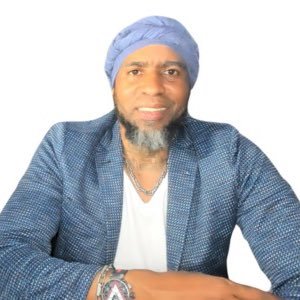Kristina Bassingthwaighte says she’s juggling a lot.
The 40-year-old is a successful business owner and mom of three young children.
What You Need To Know
Kristina Bassingthwaighte says she’s juggling a lot. The 40-year-old is a successful business owner and mom of three young children
She’s the founder and director of New York City Hearing Associates, which helps patients diagnose, treat and preserve their hearing
According to the Brookings Institution, Latino or Hispanic run businesses like Bassingthwaighte’s have grown at an average annual rate of 7.7%, surpassing the 0.46% growth rate for all employer businesses
She’s the founder and director of New York City Hearing Associates, which helps patients diagnose, treat and preserve their hearing.
“I am a born and raised Puerto Rican New Yorker. I’m from Harlem. I was raised by a single mom. I grew up in Grant projects with my mother and sister,” the proud Latina said.
Bassingthwaighte and her partners started their business in that same public housing apartment in 2012 when she was 27 years old.
“We had no office. And so, my two partners would come into the city every day, and the three of us would sit in our living room at [the] New York City Housing Authority while we were building New York City Hearing Associates. So we always joke and say that NYCHA started in NYCHA,” she said.
With no investors or family supporting them, the three women figured it out for themselves.
“We personally invested all our life savings, and we knew we had to make this work or we were not going to make it,” Bassingthwaighte said.
Now, they have five locations throughout Manhattan and one in Garden City.
“The biggest challenge was, you know, finding patients, growing, scaling, managing employees and really doing it from scratch with no handbook,” she said.
According to the Brookings Institution, Latino or Hispanic-un businesses, like Bassingthwaighte’s, have grown at an average annual rate of 7.7%, surpassing the 0.46% growth rate for all employer businesses.
“I knew very early on that no one was going to give me what I felt I deserved and nothing was gonna get handed to me if I didn’t work for it. And so, you know, I think that’s a huge part of the Latino mindset and the immigrant mindset,” she said.
It’s that mindset that she says helps her provide care and connection.
“I think especially for Latinos, when they come into a doctor’s office, and when you either grab the phone or you come out and speak Spanish to them, they feel more at ease. And so, I have such pride in my background and in care, my upbringing that if I can bring my culture to my workplace and make someone feel more comfortable when they’re getting hearing care, then I’ve done my job,” Bassingthwaighte said.


